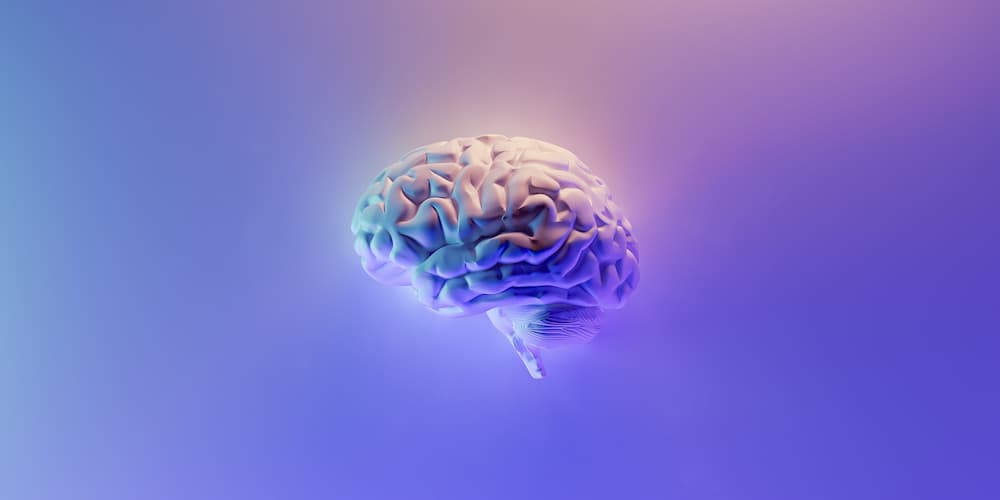In 2014, during an event organized by the University of Reading, a chatbot passed the legendary Turing Test after it convinced 33% of the judges it was actually a 13-year-old boy.
That was nearly a decade ago, and machine learning has only evolved further. In the process, it's become an integral part of the marketing world.
Machine learning is a type of artificial intelligence (AI) that allows software to increase predictive accuracy through complex algorithms fueled by historical data without the need for specific programming.
Like the human brain, it leverages what it already knows to learn new things. Four distinct types of machine learning are relevant to marketing: supervised learning, unsupervised learning, semi-supervised learning, and reinforcement learning.
- Supervised Learning: Essentially, this means training. Scientists provide labeled data and tell the computer what correlations they want it to make. Both the information and the outcome are clearly defined.
- Unsupervised Learning: Unsupervised learning is when a computer is provided with non-specific data and told to scan it, search for patterns, and organize similar elements into subsets.
- Semi-Supervised Learning: A hybrid of the two previous concepts. A computer is fed labeled data but given the freedom to decide how the data should be handled.
- Reinforcement Learning: Scientists teach the computer a multi-step process with clear rules, including negative and positive cues to offer guidance. Besides that, the computer can plan its own tactics within the established parameters. This is how we can teach AI to play a game like chess, for example.
Today's most sophisticated AI marketing tools use elements from all four approaches but are primarily driven by unsupervised learning.
Today, AI marketing tools can be linked to a business' digital real estate (website, social media, review aggregates, etc.), then methodically document customer interactions and mine them for actionable data.
AI can also identify similarities between various audience members and split them into unique groups to facilitate targeting endeavors. Because of this, marketers can now discover who to target and how, reaching out to prospects with highly personalized ad content that is predicted to resonate.
It's important to understand that computers aren't necessarily taking our marketing jobs and they can certainly help us do them better.
According to the McKinsey Global Institute, machine learning is projected to generate between $1.4 and $2.6 trillion in value over the next three years by solving common marketing and sales problems.
Don't get stuck in the past. Put the power of problem-solving AI and machine learning to work for your company.



